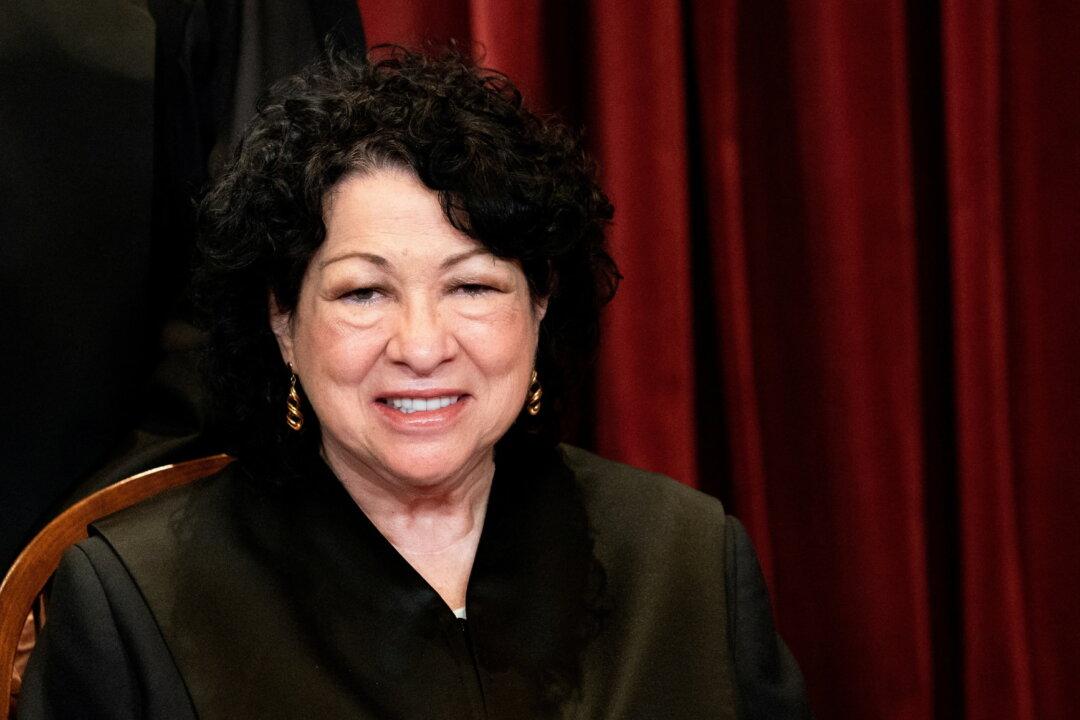Yeshiva University in New York City won’t have to recognize an LGBT student club, at least not for the time being, according to an emergency ruling issued by the U.S. Supreme Court late on Sept. 9, temporarily blocking a lower court order forcing such recognition.
Founded in 1897, the Orthodox Jewish university describes itself in court documents as “the world’s premier Torah-based institution of higher education.” The word “yeshiva” itself refers to a traditional Jewish religious school. Recognizing the LGBT student organization would violate its religious teachings, the school argues.





